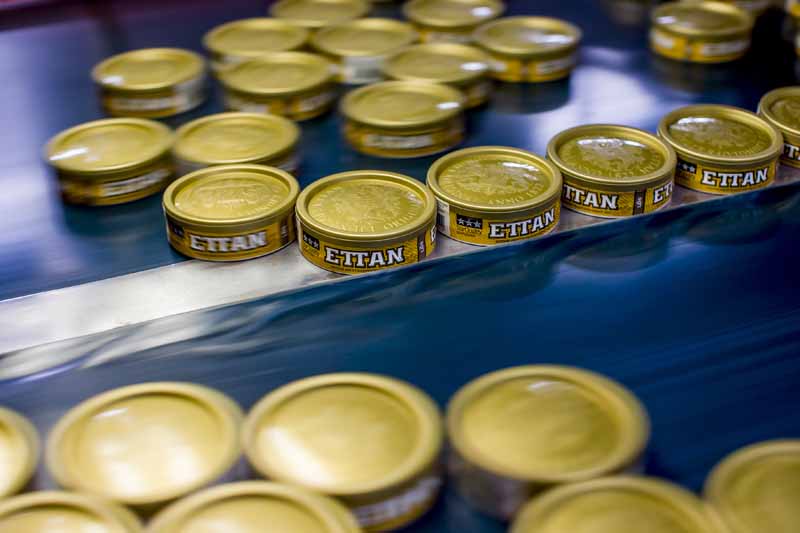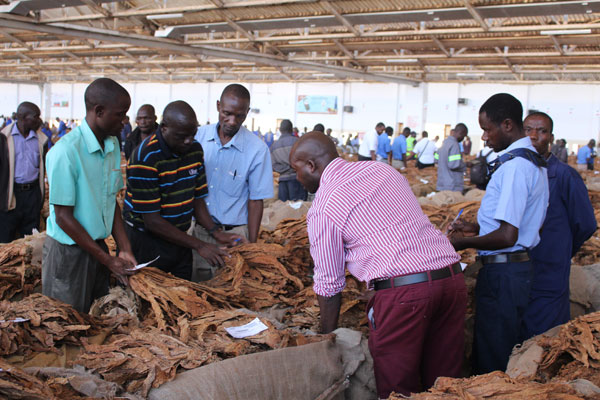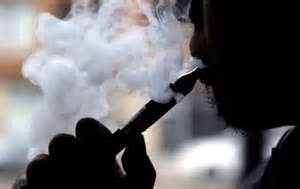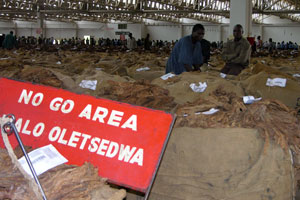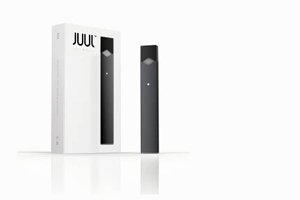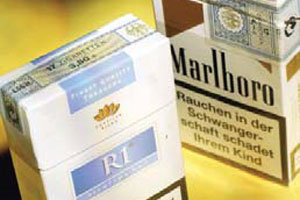Swedish Match’s group sales and sales from product segments both increased by 11 percent, to SEK3.26 billion ($337.8 million) and SEK3.17 billion, respectively, in the first quarter of 2019.
Currency translation positively affected the comparability of sales from product segments by SEK221 million. In local currencies, sales from product segments increased by 3 percent.
While sales in local currencies were higher for all product segments, the snus and moist snuff product segment was the principal contributor to sales growth during the quarter.
Swedish Match’s operating profit from product segments increased by 15 percent to SEK1.24 billion during the quarter. In local currencies, operating profit from product segments rose by 7 percent.
All product segments delivered higher operating profit, lef by the snus and moist snuff and the other tobacco product segments.
Swedish Match also reported strong growth for its Zyn nicotine pouches outside of Scandinavia. Zyn products are now available in the U.S. and Sweden, and on a limited basis in Denmark and the Czech Republic.
In the U.S., the company recently commissioned new Zyn production lines at its Owensboro, Kentucky, factory. The company expects Zyn to be available in approximately 60,000 stores across the U.S. by the end of the year.
“The first quarter financial performance showed the importance of our strategy of prioritizing market segments that present the greatest opportunity for long term profitable growth,” said Lars Dalgren, CEO of Swedish Match.
“Growth in the quarter was hampered by calendar shipment effects in our Scandinavian snus business and continued shortages of tobacco leaf supplies in our cigar business,” he said.
“We anticipate that the timing of the Easter holiday this year will benefit our Scandinavian snus volumes in Q2. Alternative sources of cigar tobacco leaf have been secured and we expect rolled leaf shipment volumes to return to year on year growth in the second half of 2019.”


